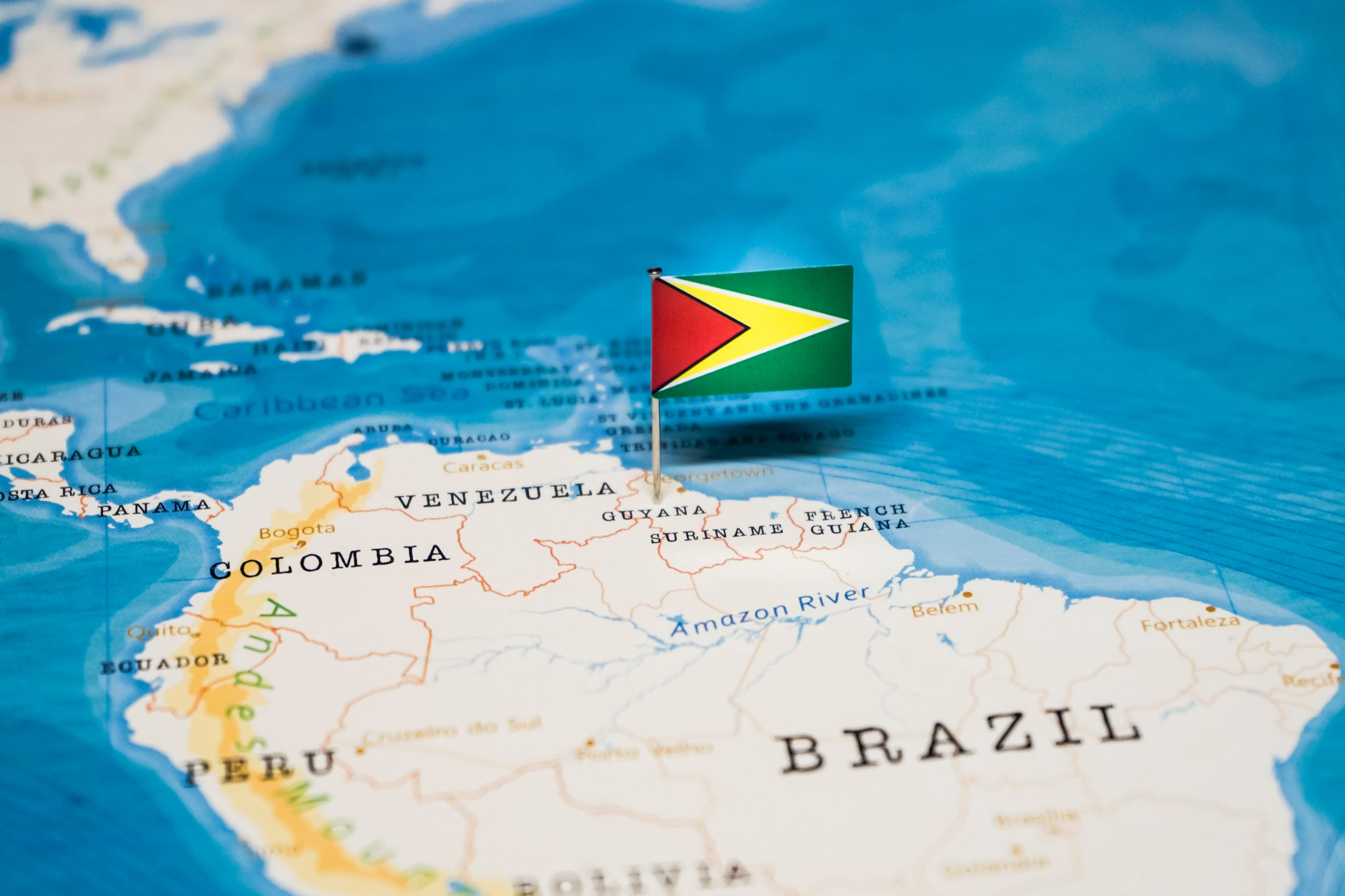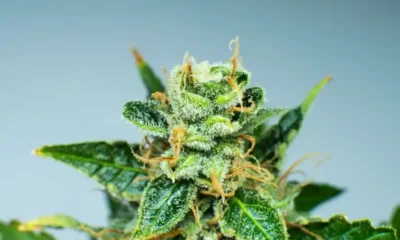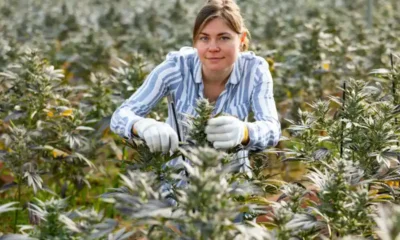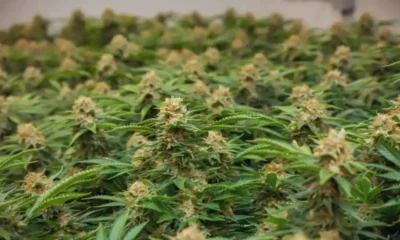Connect with us
Published
1 year agoon

After the Guyana Parliament approved an amendment to the Narcotic Drugs and Psychotropic Substances Control Bill of 2021, which paved the way for the removal of custodial sentences for people possessing 30 grams or less of cannabis, members of the country’s Rastafarian community are speaking out and protesting, calling for broader reform and religious exemptions, Caribbean National Weekly reports.
Rastafarians have long regarded cannabis as an herb of religious significance, used in communal settings and meditations. It’s often used by community members to heighten feelings of unity among one another and to produce visions of a calming, often religious, nature. Cannabis use among Rastafarians is a highly ritualized act that is deeply rooted in their religious and spiritual beliefs.
A custodial sentence involves a term of imprisonment. Going forward, a person found with one to 15 grams of cannabis will be required to undergo mandatory counseling, and those possessing more than 15 grams of cannabis, not exceeding 30 grams, will be subject to community service under the Extra-Mural Work Act for a period not exceeding six months, according to CNW.
The move was considered a commitment, made by the ruling People’s Progressive Party/Civic government in its manifesto for the March 2020 regional and general election, though Attorney General and Minister of Legal Affairs Anil Nandlall said the party never promised to decriminalize cannabis.
For Guyana Rastafarians, the move isn’t enough and doesn’t recognize their religious rights. Guyana is a country on South America’s North Atlantic coast, part of the mainland Caribbean region with strong cultural, historical and political ties with other Caribbean countries.
Starting on November 11 and lasting through last week, members of the Guyana Rastafari Council began protesting across the street from the Office of the President, saying it’s time for the government and President Irfaan Ali to consult them as part of One Guyana.
The president of the Guyana Rastafari Council Ras Simeon said the community simply wanted the rights other religious groups and citizens enjoy to be extended to them as well, including the use of cannabis for religious reasons and other official purposes.
“This is the decade of African descent and I stand this day to make sure that all African organizations and religions must be given equal rights in this time and I am here protesting for my sacramental use of the holy herbs,” he said.
According to the general secretary of the Guyana Rastafari Council Ras Khafra, the council made a number of recommendations for the amendments, but they were not considered or included in the final legislation.
“There must be respect for people’s religious rights and that is one of the main things that has been echoed throughout and the right to privacy and the right to health,” Khafra said. “People must have the right to medicate themselves however they see fit.”
Khafra also said the bill doesn’t address the health benefits of cannabis, which he said is front and center across the Caribbean. Instead, Khafra said the government is maintaining discriminatory laws that target Rastafarians and other African people, Stabroek News reports.
“…Yes it might be a step forward in terms of non-custodial [sentences] but that’s not the main issue,” he said.
As the Guyana Restafarian community protested the pitfalls of the newly passed bill, they also called for the expungement of criminal records of those previously charged for cannabis. Many protestors lit up joints in protest.
Khafra said that the Rastafarian community is already discussing the path forward with two lawyers, who are working to draft a challenge to the legislation that would allow for a religious exemption for Guyana Rastafarians.


Congressional Progressive Caucus Says Dems Can Legalize MJ By Winning House, Senate Majorities This November


Cannabis Industry Has 440,000 Full-Time Workers


Federal Register Proposes Adding Fentanyl, Removing MDMA From Drug Testing Panels


Feds File Charges Against Maine Weed Grower After Probe Spanning 20 States


The Cannabis Market Is Booming in Japan


German Authorities to Ban Cannabis Smoking, Vaping at Festivals Including Oktoberfest
